What is Celestia?
Celestia is a modular data availability (DA) network that securely scales with the number of users, making it easy for anyone to launch their own blockchain.
Rollups and L2s use Celestia as a network for publishing and making transaction data available for anyone to download. For them, Celestia provides high-throughput DA that can be verified easily with a light node.
And by making the blockchain stack modular, anyone can launch their own blockchain without needing a validator set.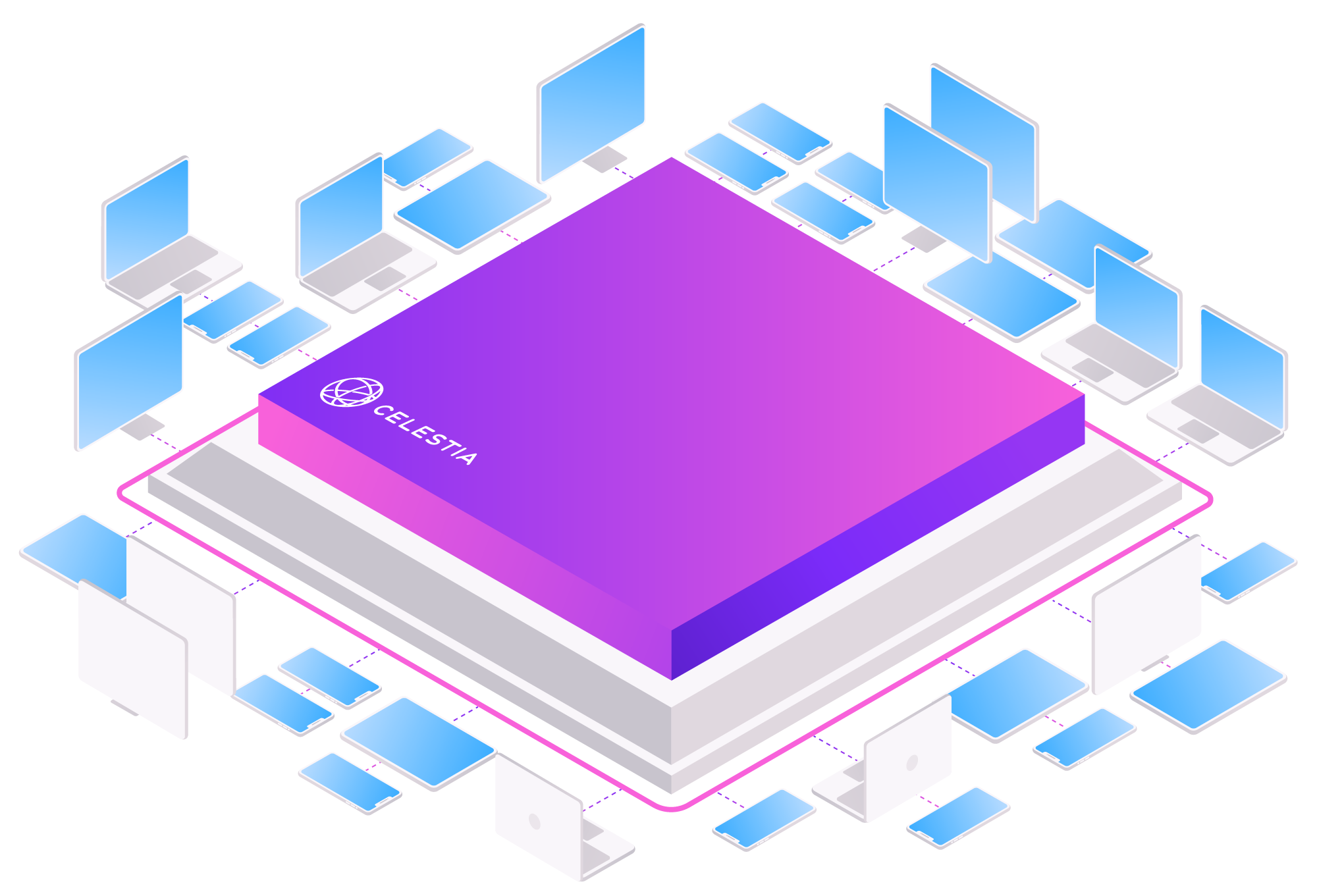
Why Celestia?
Deploy fast
Deploy your own customizable blockchain as easily as a smart contract.
Use any VM
Transform nearly any virtual machine into your own sovereign chain.
Access abundant throughput
Unlock dynamic throughput that scales with the number of users.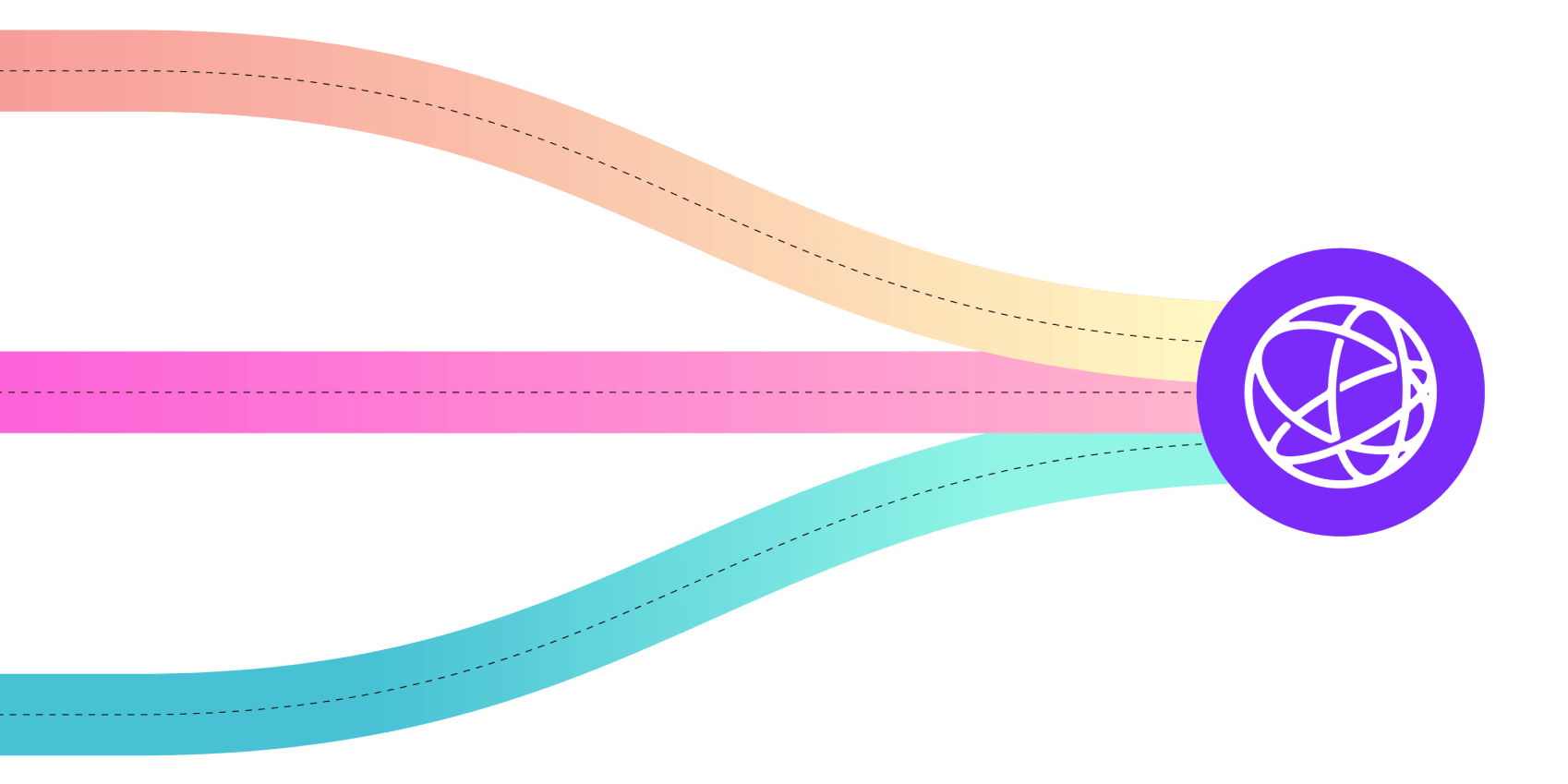 Build whatever
Build whatever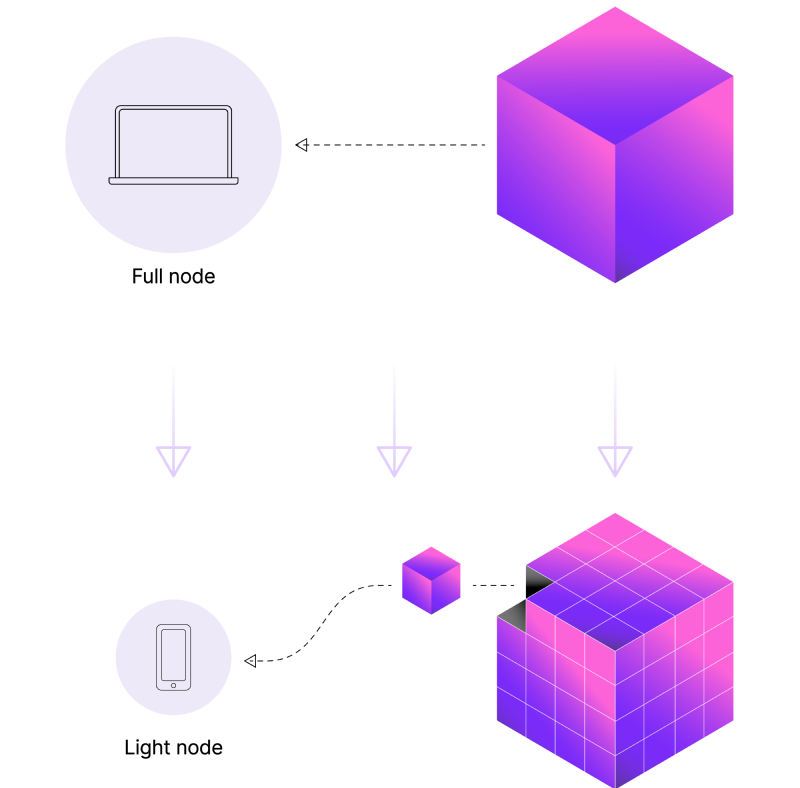
What is data availability and why does it matter?
Data availability answers the question, has the data for this blockchain been published? It is critical to the security of any blockchain because it ensures that anyone can inspect the ledger of transactions and verify it.
Users of a monolithic blockchain usually download all the data to check that it is available.
As blocks get bigger, it becomes impractical for normal users to download all the data meaning that they can’t verify the chain. Modular chains solve this problem by making it possible for users to verify very large blocks using a technology called data availability sampling.
Now what's data availability sampling?
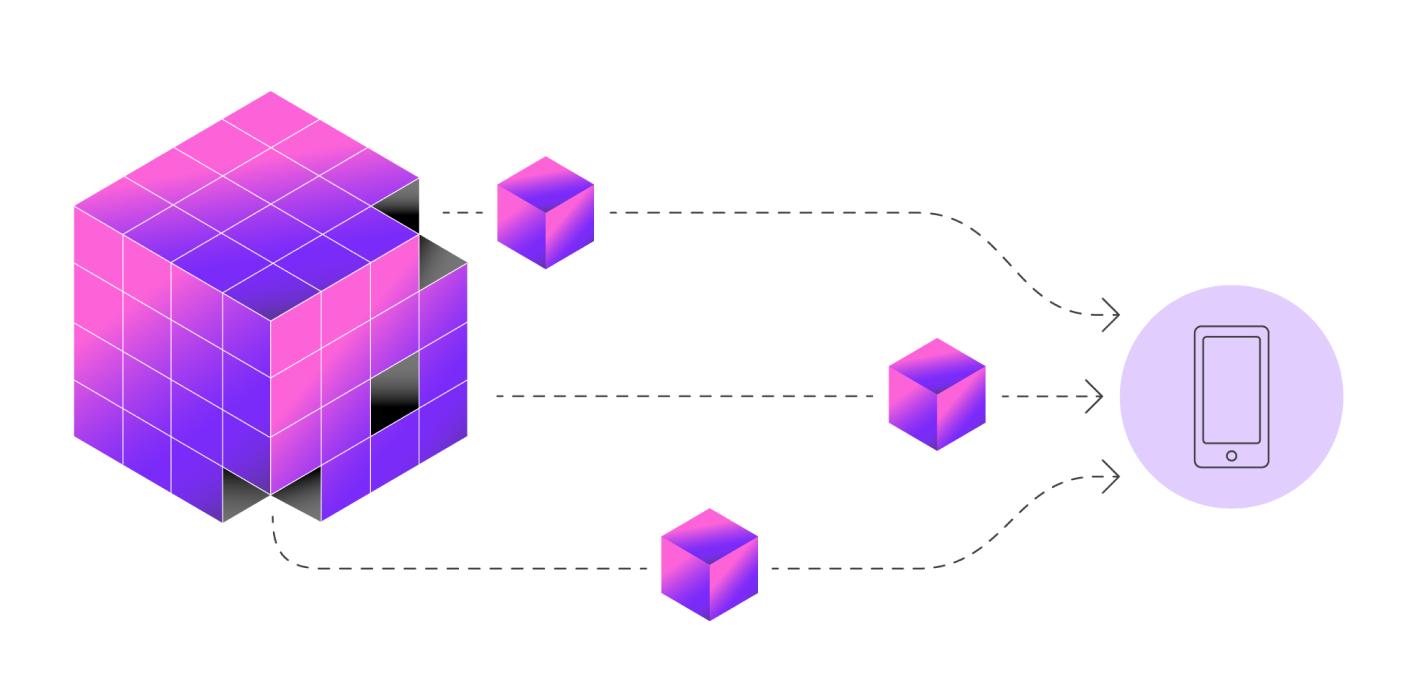 Data availability sampling (DAS) is the new primitive that enables Celestia light nodes to verify DA efficiently. Instead of downloading all data, light nodes only download a tiny portion of each block.
Data availability sampling (DAS) is the new primitive that enables Celestia light nodes to verify DA efficiently. Instead of downloading all data, light nodes only download a tiny portion of each block.
Importantly, DAS allows Celestia to scale with the number of users (light nodes). So, as the light node network grows over time, Celestia can scale to the data throughput needed for millions of rollups without compromising on security for end users.
And what is a modular blockchain?
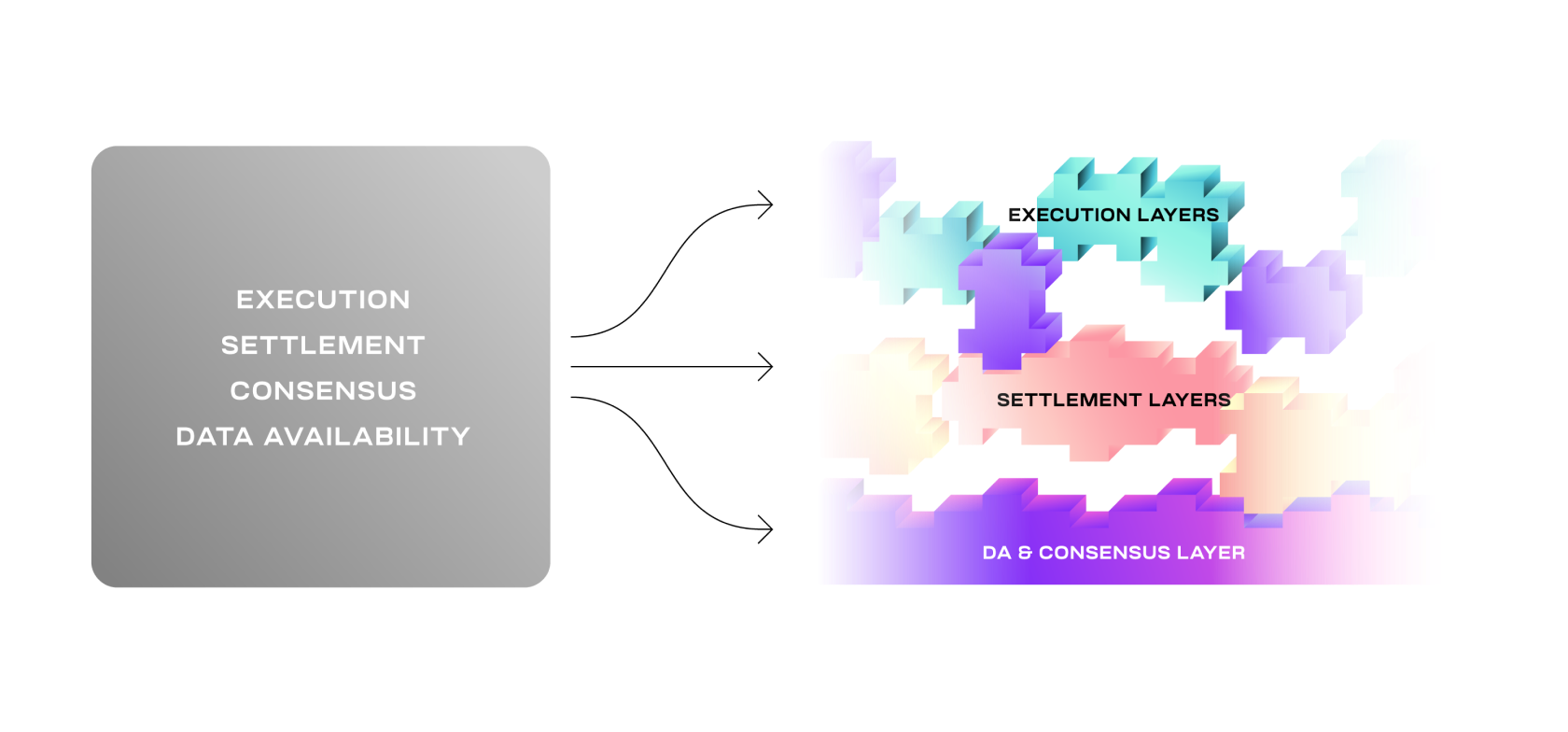 Modular blockchains are a new paradigm in blockchain design. Instead of one blockchain doing everything, modular blockchains specialize and optimize to perform a given function. This specialization provides breakthroughs in scalability, flexibility, and interoperability, enabling developers to build blockchain applications for mass adoption.
Modular blockchains are a new paradigm in blockchain design. Instead of one blockchain doing everything, modular blockchains specialize and optimize to perform a given function. This specialization provides breakthroughs in scalability, flexibility, and interoperability, enabling developers to build blockchain applications for mass adoption.

































